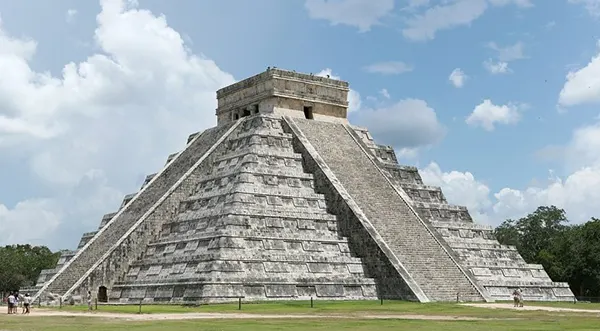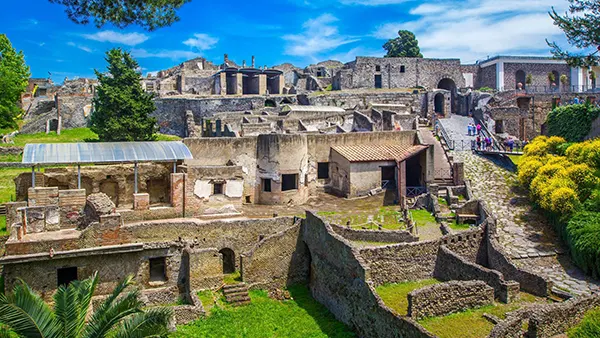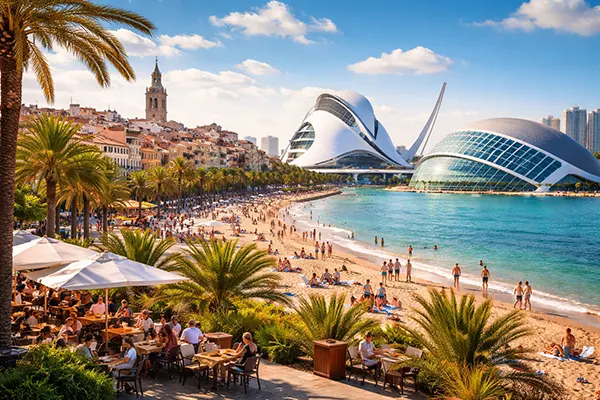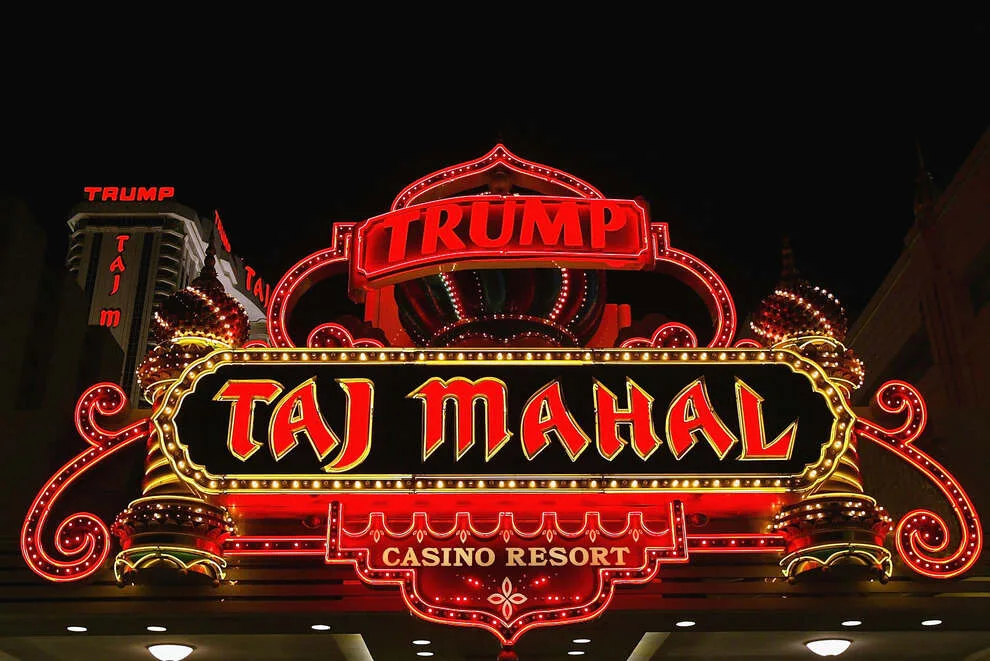
Trump Taj Mahal Casino: A Monument to Opulence and Ambition
In the world of casinos and luxury resorts, few names have sparked as much intrigue and opulence as the Trump Taj Mahal Casino in Atlantic City, New Jersey. Conceived as the pinnacle of grandeur, the Taj Mahal has been a subject of fascination and controversy from its inception. This article explores the majestic rise and tumultuous journey of this iconic establishment.
Description of the Taj Mahal Hotel-Casino
The Trump Taj Mahal Casino, often simply referred to as “The Taj,” stood as a testament to lavish design and extravagant ambition. With its striking architecture inspired by its namesake in India, the casino was adorned with opulent décor, including grand chandeliers, towering minarets, and intricate carvings, all aimed at evoking the splendor of the Mughal Empire’s greatest monument to love.
History of the Taj Mahal Complex
The story of the Taj Mahal complex begins in 1983, with real estate mogul Donald Trump’s vision to create the world’s grandest casino. The project faced numerous financial hurdles and controversies, including labor disputes and financing challenges. It finally opened its doors in April 1990, with Michael Jackson performing at the grand inauguration. The casino was the most expensive ever constructed in Atlantic City, heralded as the eighth wonder of the world by Trump himself.
Casino Trump Taj Mahal
The casino floor of the Trump Taj Mahal was an expansive and bustling arena of gaming, offering an array of slot machines, table games, and exclusive high-stakes rooms. The casino aimed to cater to a wide range of patrons, from casual visitors to high rollers, with its diverse gaming options. Over the years, it hosted numerous high-profile boxing matches and entertainment events, adding to its allure and prestige.
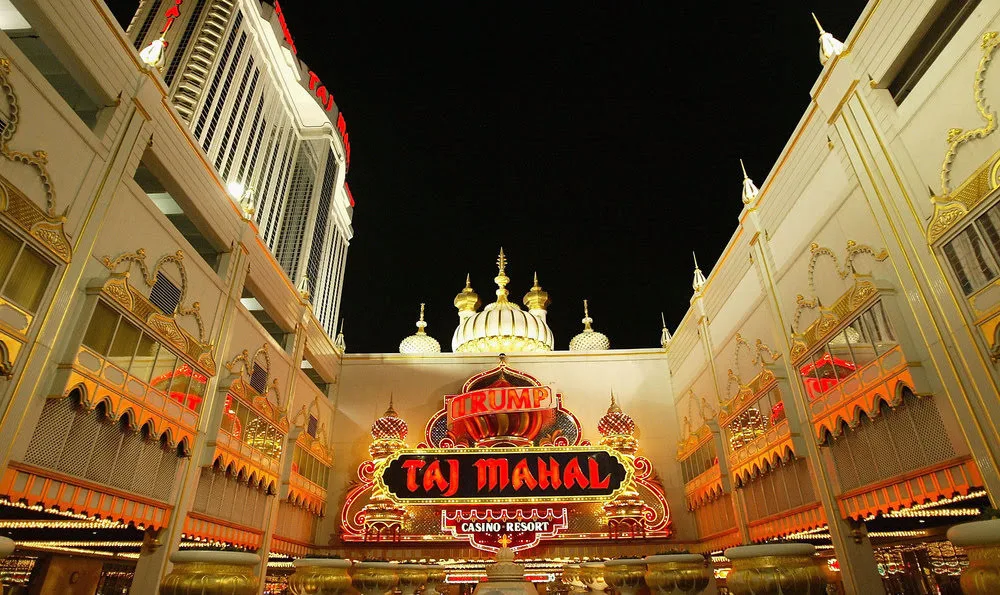
Interesting Facts about the Taj Mahal Casino
- At its opening, the Trump Taj Mahal was the largest casino in the world.
- The casino’s interiors were opulently designed, featuring an $14 million chandelier and larger-than-life elephant sculptures.
- Despite its grandeur, the Taj faced financial difficulties throughout its operation, filing for bankruptcy multiple times before finally closing its doors in 2016.
- The casino was also notable for its cameo in several films and television shows, adding to its cultural significance.
- In a twist of fate, the once-celebrated icon was eventually sold and reopened under a new name, marking the end of an era for the Trump Taj Mahal.
Conclusion
The Trump Taj Mahal Casino remains a symbol of the zenith and nadir of Atlantic City’s casino culture. Its ambitious creation, opulent design, and eventual decline encapsulate the volatile nature of the gambling industry. While the physical structure may no longer bear the Taj Mahal name, its legacy as a monument to extravagance and ambition continues to captivate the imagination of those who walked its gilded halls.


